Email Management Is Not A Tool And It´s Not Bad

Many people refer to email management as a tool, but it’s not. Email is a medium just like books, CD’s, and letters are media. You may not like managing email but that has less to do with the media itself and more to do with the process of managing it using current tools.
Distinguishing the technology from the media is critical because by designating email as a tool we camouflage the problem connected with managing email, namely the outdated methods and technologies involved in handling the email medium. In of itself, email simply provides us with the possibility to send, receive and archive messages, pictures, hyperlinks and attachments such as documents. There is nothing inherently bad with that. So, how did email get confused with being a technology, and why do people treat it with disdain? (email management as a tool)
Email is a medium
First, let’s remember that email is relatively new and that we have always connected the email medium with the technology simply because they are intrinsically dependent. Email management can’t exist without the technology to send and receive it.
Second, regarding our disdain, the duopoly of email platform providers, Microsoft and Google, have both disappointed us with their inability to innovate their platforms to meet the needs of consumers. It is for this reason that we deride working with email – not for the intrinsic qualities of email, but for the lack of ingenuity on the part of these two iconic competitors who should have upped their game by now.
Am I really implying that Google dropped the ball? Regarding their email management platform, yes. Besides using labels instead of folders and divvying your incoming mails into separate tabs, I challenge anyone to come up with something that Google has done in the past decade to radically improve processing email management. I’m waiting for your comments below….
One might argue that email is and has been and social media is taking over, so why bother? The problem with that thesis is that it is getting very old. People have been claiming that for over a decade now. I’m sure its days are numbered, but it would be more accurate to say its years are numbered. Mark my words, email will be the dominant form of business communication for at least another decade – and probably two. Why? Because it is stable, it is a workhorse, it fosters accountability, and most importantly, it ain’t broke. (Actually, email management is broke, but no one is aware of how broke it really is.)
Don’t get me wrong, I’m looking forward to the replacement of email, though I will have retired by then, but changing habits on this magnitude (Billions of people) is a very long process. if fax machines are any indication of the time it takes to adopt new universal business systems, 10 years is awfully conservative — especially considering that current competitors to this medium still can’t replace several functions uniquely associated with email.
Do we need both synchronous or asynchronous text media?
Let’s agree that face-to-face communication is often the most effective channel of communication for a host of reasons we won’t go into here. After that, it’s probably video conferencing, then telephony. It’s when we transition to text-only that it gets tougher for many to choose the correct media, so I’ll make it easy: Synchronous communication text media (texting in chat, sms, Skype, Whatsapp, etc.) is for short messages and asynchronous (email) is the better one for longer, more complex messages and messages that you want to file for evidence. Now apply Pareto or 80/20 to that statement to include exceptions. We could argue the finer points of this, but in general this is a good heuristic.
But why, then, do we treat email as the evil step-mother? Here’s a half-dozen reasons why:
- Email platforms (think Gmail browser and Outlook) has nowhere near the look and feel of synchronous platforms
- You are completely dependent on using a mouse, which makes each transaction lugubrious (except on mobile devices of course)
- Synchronous platforms don’t require management (which also makes it tough to control tasks related to the messages – but who cares!)
- Both Outlook and Gmail don’t offer good ways to systematically prioritize, plan or even take notes on mails
- We feel the need to archive email, which adds even more effort
- Transacting with mail requires more personal responsibility and time-consuming management
Of course, there are many more reasons why we want to pull out our hair when managing email, but I think the point is made.
The solution
Create a platform that solves the problems above. Well, no.
It would be woefully foolish to compete against those two Goliaths by offering yet another 3rd party platform. Instead, we started where the giants left off. LeanMail’s mission is to modernize email management, mainstream digital communication platforms by investigating consumer needs and developing innovative software that enables those platforms to serve us better (click here to see how). So, we don’t compete with the likes of Microsoft or Google (yet), we just innovate their products. That’s a win for them a win for you and a win for us.
Our proprietary LeanMail modules enable Outlook users (sorry Gmail users, not yet) to fix the eight most common obstacles to managing email with fluency and ease. You can get more information here.

